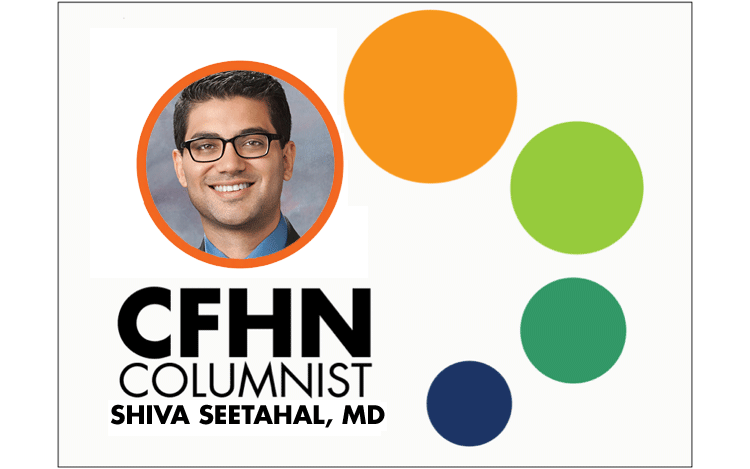October is Breast Cancer Awareness month. To honor that I wanted to discuss some facts about a disease that still affects one in every eight women in the US.
- Breast cancer describes a disease whereas cells within the breast grow and multiply independently and without control. This is the basis of cancer. The degree to which these rogue cells proliferate reflects the aggression of the cancer
- There are different types of breast cancer, depending on the type of cell that is involved. Each type carries different prognosis although treatments are similar.
- Breast cancer is the most common type of cancer among women in the US and the second leading cause of cancer-related deaths (behind lung cancer).
- Although there have been promising breakthroughs in mapping the genes that cause breast cancer, these are only a small portion of new cases. Therefore, not possessing the inherited genes for the cancer does not mean you cannot get the disease.
- The risk factors, apart from genetics, include: increasing age, late menopause, family and personal history of breast disease, hormonal therapies, obesity and previous radiation therapies.
- Screening describes testing before the disease is present in order to (possibly) detect it early. Breast cancer screening has been shown to be effective but also it can lead to overtreatment when results are ambiguous. There are multiple national guidelines designed to maximize the benefits of screening and evaluation by a doctor is crucial in applying these guidelines.
- There are multiple modes of treatment for breast cancer dependent on the type, size and spread of the cancer. Almost all involve surgery to remove the tumor and may also include chemo, radiation or hormonal therapy to treat or eradicate the disease.
- Males can also get breast cancer, although very infrequently. Suspicious lumps in the breast should always be examined by a doctor. Treatments are similar as for females.
This disease has affected countless lives and will continue to do so until we discover effective and safe treatments. Today however, we are closer to that goal than we were decades ago, and will continue to make progress.
Dr Seetahal is a board-certified general and bariatric surgeon. He has published over 20 scientific articles and book chapters. For questions related to surgical health, you can contact him at shiva.seetahal@heartofflorida.com, or call his office at 863-421-7626 to schedule an appointment.
